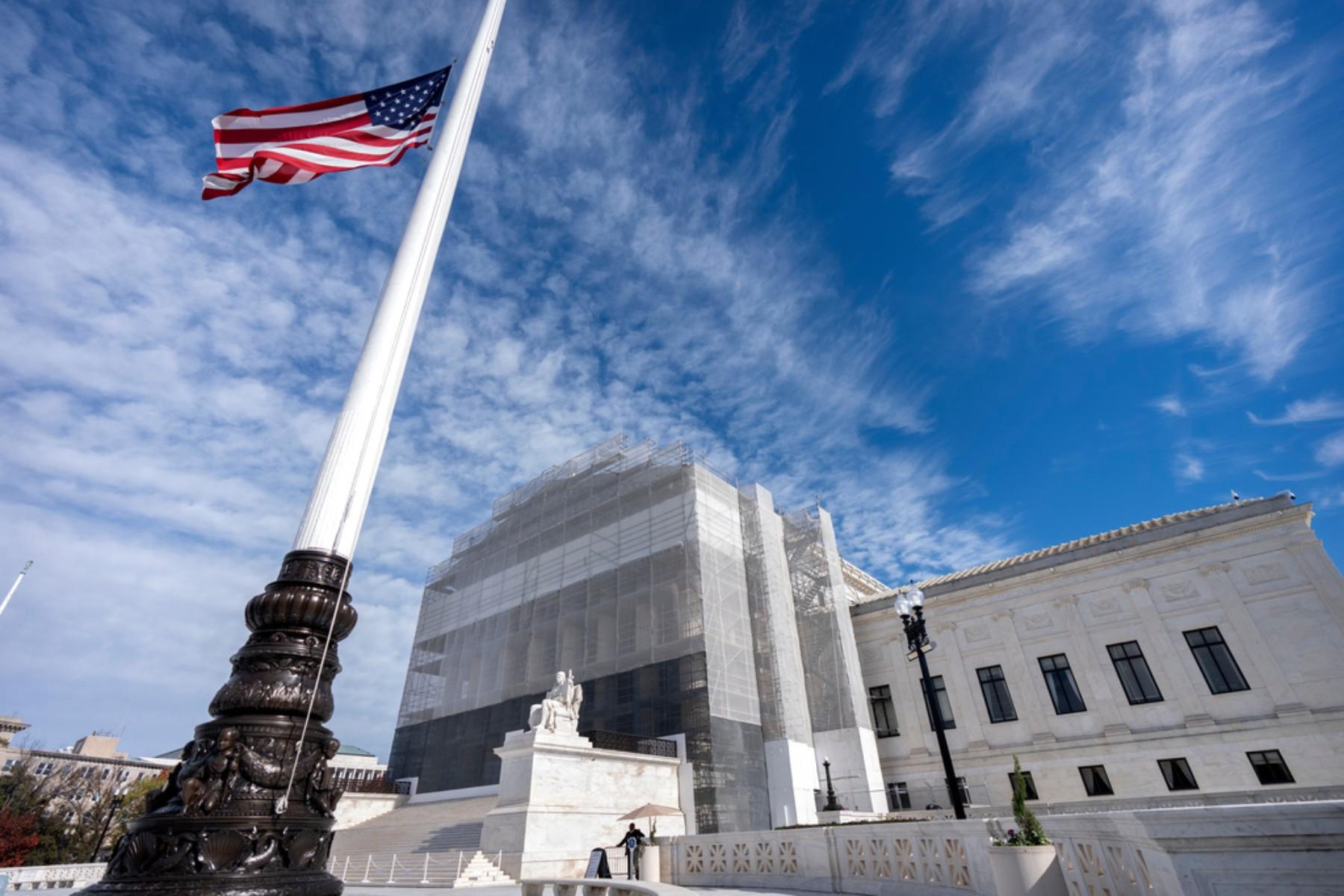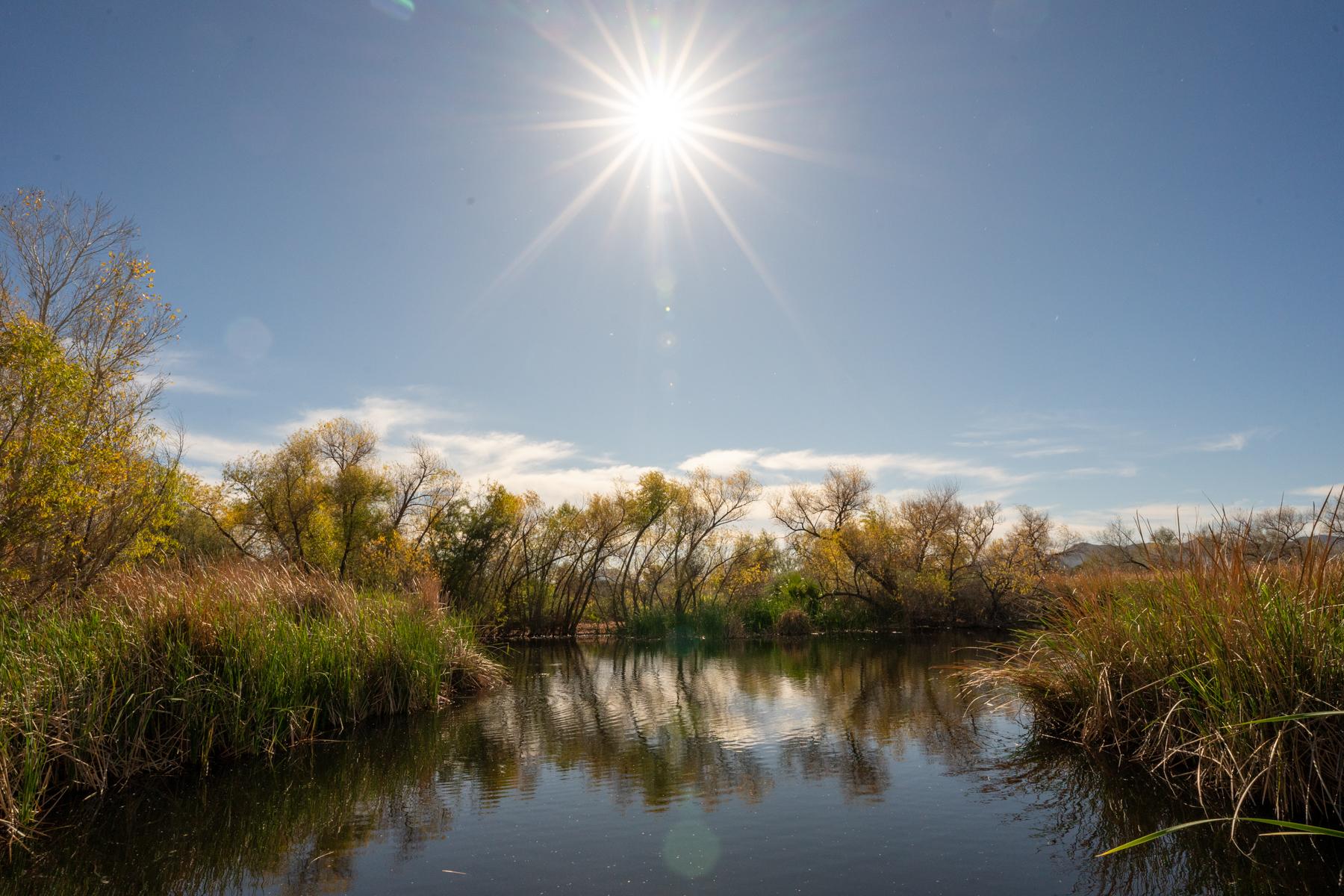
In the 1970s, the world’s giant panda population hit a low of about 1,000. Today, there are fewer than 2,500. Yet they were recently taken off the endangered species list and are now considered vulnerable.
That's in part because researchers and panda conservationists are getting better at keeping the bears alive.
"When I first started, it was difficult," said Suzanne Braden, director of Littleton-based Pandas International. "Now they have a success rate up around 90 percent. So they have made great strides here."
Braden first saw pandas in person when she visited China on business in 1999.
"When you see them just sitting there at twilight, munching on their bamboo -- it was truly a magical moment," she said.
That motivated Braden to start Pandas International. And to those who ask why it's in panda-less Littleton, Braden said there's a simple answer: That's where she lives.

Since then, Braden's organization has raised awareness about the panda's plight, and provided support for giant panda centers in China. Braden was recently recognized by the Chinese government for her work. Braden spoke with Colorado Matters host Ryan Warner.
Interview Highlights
On the difficulty of reintroducing pandas to the wild:
"People in Colorado are familiar with the reintroduction of the lynx, which has been a difficult task for us. With pandas, it's the same thing. There is no textbook on how to reintroduce a panda. It's trial and error, unfortunately."
On the removal of pandas from the endangered species list:
"I think it's a double-edged sword, like most things in our society. ... I just read this morning that one of the researchers in China said its like when grandmother gets out of ICU. You're really, really happy she's out of ICU. But she's not out of the hospital yet. You know there's still a long way to go."
On the biggest problem conservationists face now:
"In the 70s, and some in the 80s, there was poaching. Poaching was a big problem. The government really cracked down on that and that has virtually been eliminated. ..."
"But habitat destruction is still the number one problem for wild pandas. ... It's a function of growth. It's a function of roads, villages, industrial logging, anything that destroys the natural environment. ..."
"Thirty-five percent of the bamboo pandas need to survive will be lost in the next 80 years. If that happens, panda will have to reclassified as endangered. That's another reason I think it was premature. I think we should've waited a little bit to see how the reintroduction impacts the wild and how climate change impacts their food source."
On why pandas are worth saving:
"Most people would say because they are so cute. I say because if humans have caused them to be endangered or vulnerable, we have an obligation to help bring them back from that edge. ..."
"The panda has become a symbol of conservation. And I like to say if we're not going to save something this cute and this cuddly, we're not going to save any endangered species."








